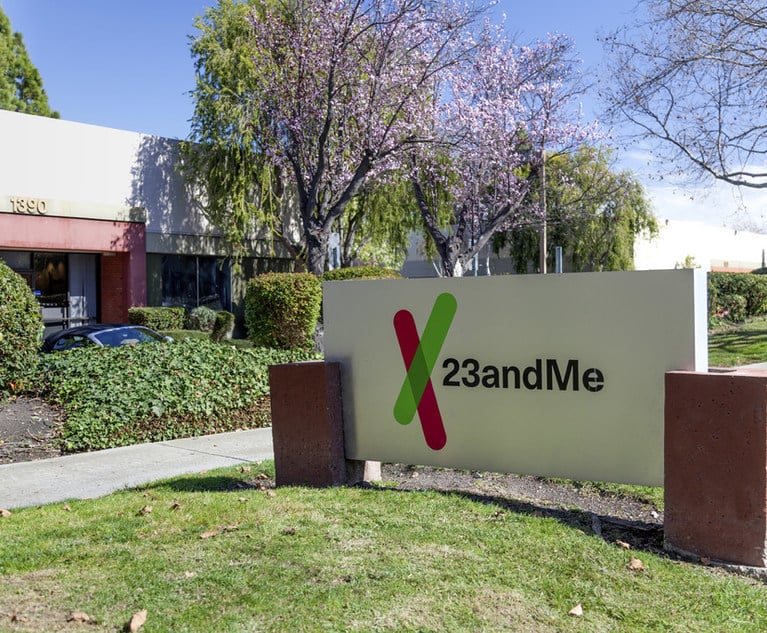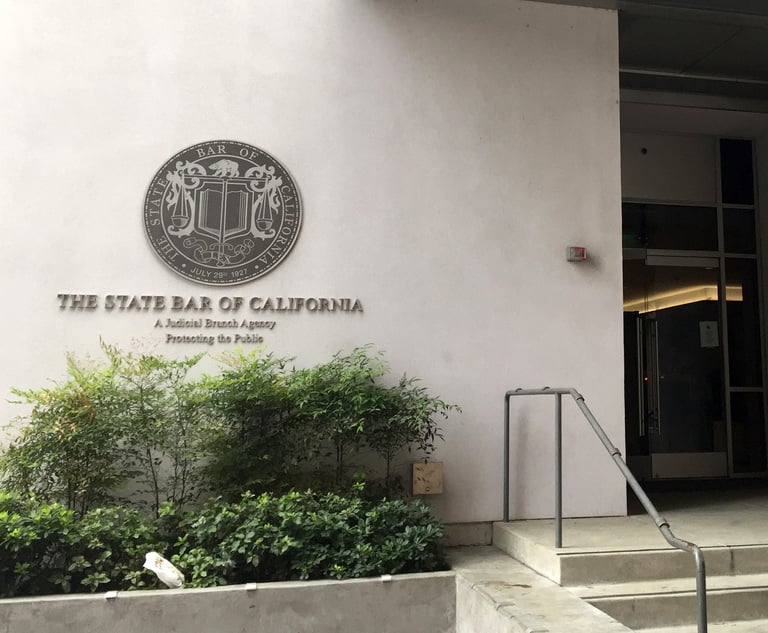Many states, including California, have recognized the benefits of resolving attorney-client fee disputes through the use of arbitration by enacting statutes providing for arbitrations often conducted through local or state bar associations. However, because such arbitrations are often non-binding and may not be mandatory in all circumstances, attorneys and clients wishing to avoid any doubt regarding the proper forum for fee disputes may choose to include mandatory arbitration clauses in engagement letters or by other agreements.
Such provisions have been the subject of litigation in recent years, including with respect to the interplay of such provisions with fee arbitrations required under state law and the application of the Federal Arbitration Act (FAA). For example, California attorneys and clients may typically enter into valid and enforceable agreements requiring binding arbitration of both legal malpractice and fee dispute claims at the initiation of their relationship. Powers v. Dickson, Carlson & Campillo, 54 Cal.App.4th 1102 (1997). However, those agreements do not extinguish a client’s right to nonbinding mandatory fee arbitration (MFA) under Business & Professions Code §6200, which applies where such arbitration is requested by the client. Benjamin, Weill & Mazer v. Kors, 195 Cal.App.4th 40, 53 (2011). Thus, in California, attorneys and clients may proceed in a two-step process whereby the parties first engage in a nonbinding MFA and then, if the matter remains unresolved, proceed with the binding arbitration as provided for in the engagement letter (if agreed).


 Shari Klevens, left, and Alanna Clair, Dentons. Courtesy photo
Shari Klevens, left, and Alanna Clair, Dentons. Courtesy photo




